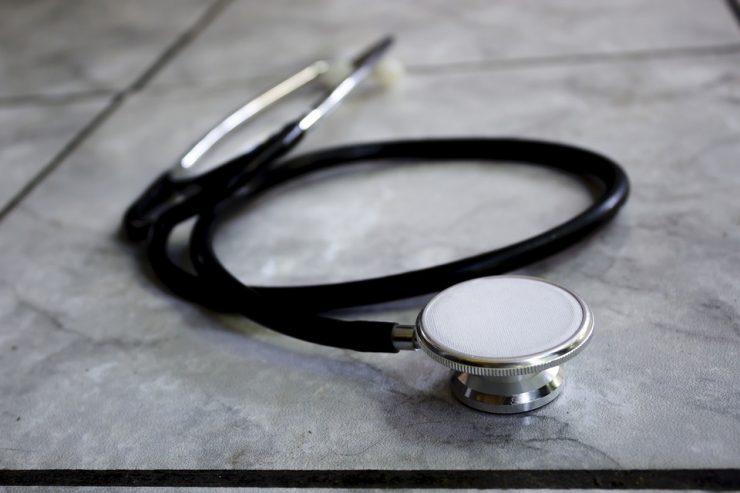
What Is Clinical Negligence?
Clinical negligence is what many people know as medical negligence. It refers to harm or injury that is caused by a medical practitioner providing unsuitable or no care. This harm may be physical or mental.
The key point in cases of clinical negligence is to prove that the medical practitioner:
- Owed the victim a duty of care
- Did not provide that care or provided unsuitable care
- Caused harm through their actions or lack thereof
Cases will look to prove liability and causation – the medical practitioner must have acted in a way that other medical practitioners in the same situation reasonably wouldn’t, and the harm caused must be a direct result of those actions.
What Does Clinical Negligence Mean in Practice?
There is no single answer to the question of what clinical negligence means; there are many different types of clinical negligence, and each case is unique. This is why it’s so important to seek legal advice if you believe that you may have experienced clinical negligence.
Some examples of what clinical negligence is might include:
- Failing to diagnose a patient’s illness or getting a diagnosis incorrect.
- Prescribing the wrong medication, which then has a negative effect on the patient.
- Withholding important information from a patient (such as the risks involved in a recommended procedure) and thereby not acquiring their full, informed consent.
- Surgical mistakes that cause further issues such as scarring, internal injury or infection.
You may also be able to claim clinical negligence if a family member dies due to medical intervention or lack thereof.

Time Limits for Making a Claim
Similarly to the time limits for making a personal injury claim, strict time limits apply to a clinical negligence claim. The typical time limit is three years from when the negligence occurred, or three years from the time you realised that the negligence had caused you harm.
In some cases, the time limits may not come into effect immediately. For example:
- Childhood clinical negligence: if you experience clinical negligence as a minor (under the age of 18), the three-year period begins when you turn 18, no matter when the incident occurred.
- Adults with reduced mental capacity: the three-year period comes into effect when the adult regains mental capacity and realises that the harm was caused by clinical negligence.
However, the claim does not need to wait until the individual can make it themselves – if you are a family member or carer of an adult with reduced mental capacity or a child, you can claim on their behalf. If you are claiming on behalf of someone who died from the treatment, it is even more vital to seek immediate legal assistance.
Outcomes of a Clinical Negligence Claim
So, what does clinical negligence mean in terms of action? One important fact to remember when making a clinical negligence claim is that the claim is only for compensation for your (or your loved one’s) suffering or injury. It will not necessarily change practices, and you may not receive an apology or see charges brought against the medical practitioner.
Often, the best course of action is to begin by bringing a formal complaint against the medical practitioner or institution – this will give you a better understanding of what went wrong and help you figure out how to proceed. You can pursue a formal complaint and a clinical negligence claim at the same time.
Compensation:
In clinical negligence claims, the compensation awarded is intended to cover any losses that you may have had as a result of the negligent treatment. This may include loss of earnings if you have been unable to work at your usual capacity, the cost of adapting your home or any necessary care or equipment, payment for ongoing treatment or compensation for psychological damages.
As every case is unique, your reasons for claiming and why you deserve compensation will be specific to you.
You can also claim compensation for the death of a loved one. In May 2020, the government raised the amount you may claim under Damages of Bereavement to £15,120.
Talk to Newtons Solicitors Today
At Newtons, we offer a range of services for individuals, including clinical negligence claims and personal injury legal advice. If your health or wellbeing has been compromised by poor medical care or lack of care, our team can help you win the compensation you deserve.
Clinical negligence cases can be very complex and take a long time to investigate, so it’s very important to understand what clinical negligence means and seek legal advice as soon as possible when you discover the harm done.
If you would like legal advice on a case of clinical negligence, please get in touch with our friendly, expert team today. For more information, see the rest of our blog or learn why you should choose Newtons on our website.
